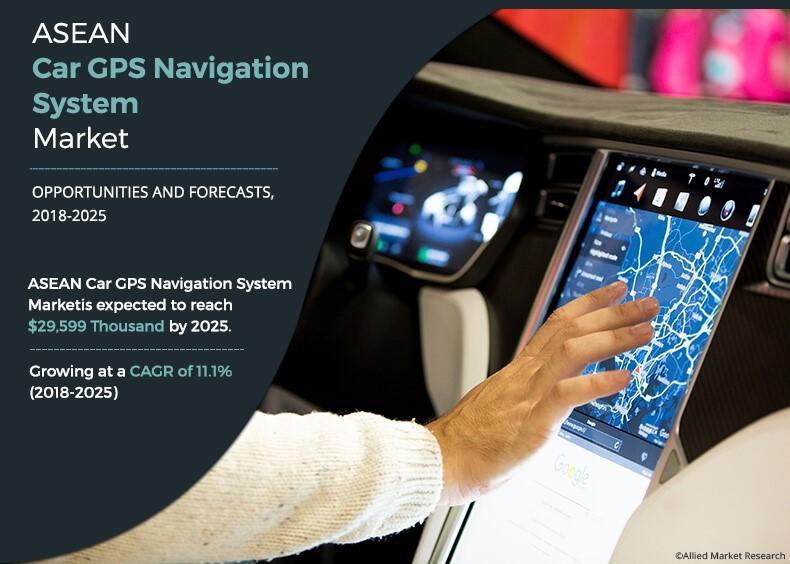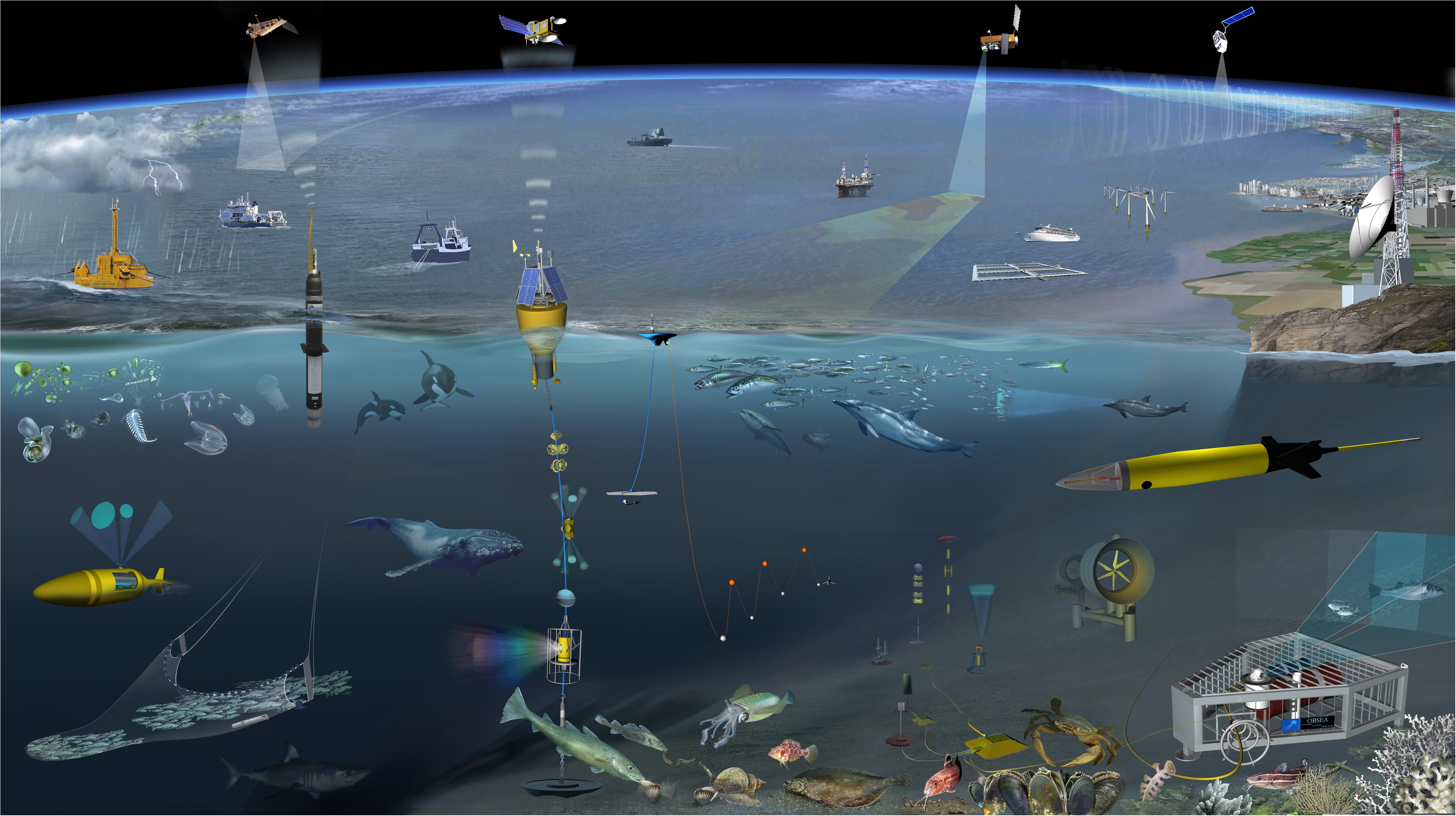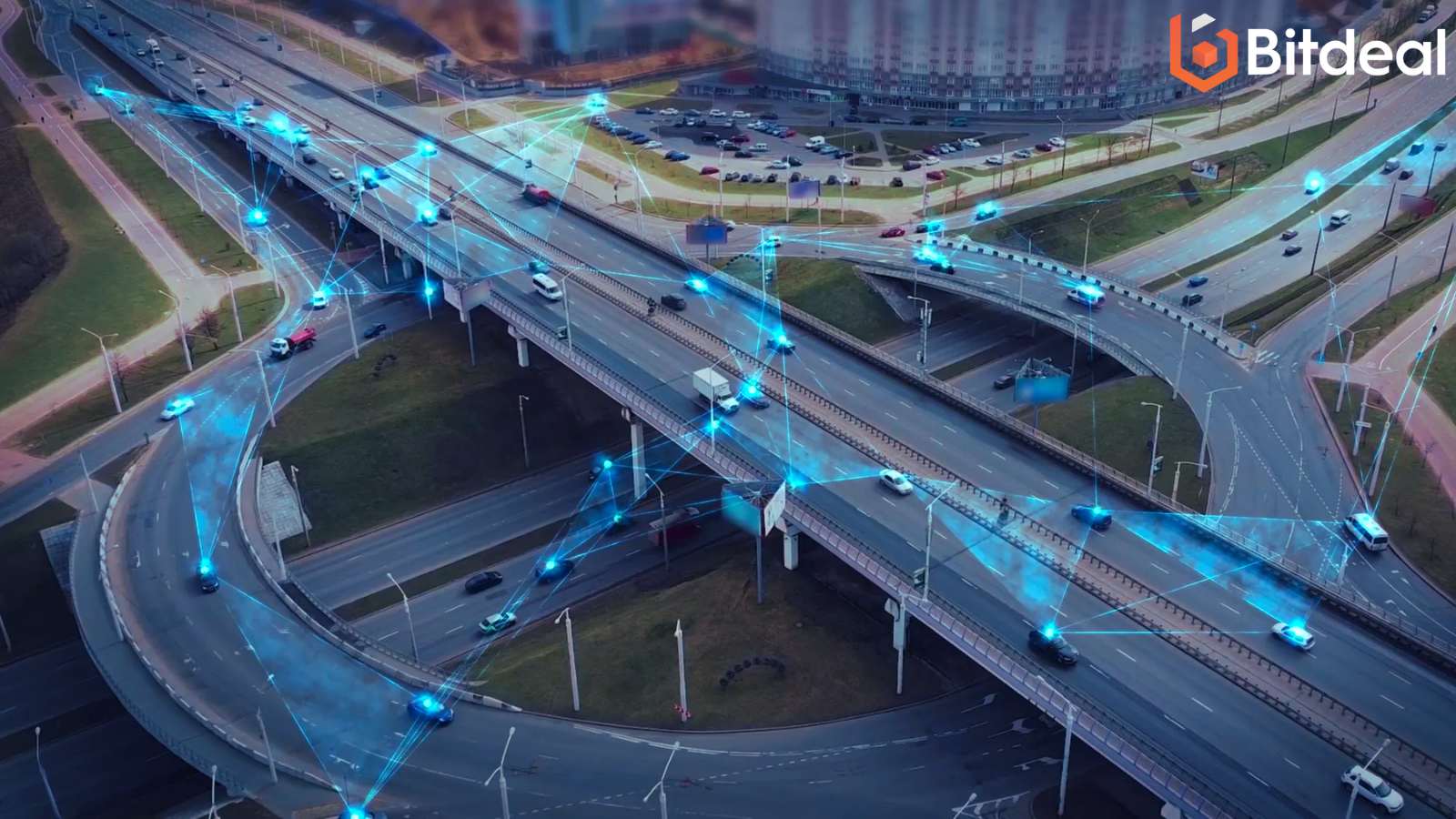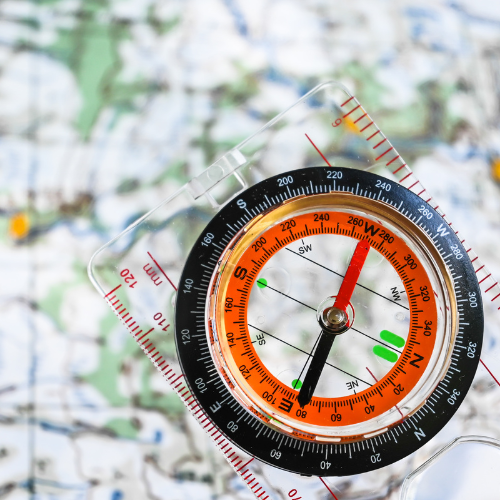Navigating the Unknown: Exploring the Future of Navigation Systems in 2025
Navigating the Unknown: Exploring the Future of Navigation Systems in 2025
Introduction
With great pleasure, we will explore the intriguing topic related to Navigating the Unknown: Exploring the Future of Navigation Systems in 2025. Let’s weave interesting information and offer fresh perspectives to the readers.
Table of Content

Navigating the Unknown: Exploring the Future of Navigation Systems in 2025
The year 2025 promises a transformative landscape for navigation systems. Advancements in artificial intelligence, machine learning, and sensor technology are poised to revolutionize how we explore, navigate, and interact with our surroundings. This evolution will not only impact traditional navigation methods but also redefine exploration in diverse fields, from space travel to underwater exploration, and even our daily commutes.
A Convergence of Technologies
The 2025 navigation system is envisioned as a sophisticated amalgamation of technologies, including:
- Advanced Mapping and Location Services: High-resolution, real-time mapping will be generated through a combination of satellite imagery, aerial drone surveys, and ground-based sensors. This will provide highly accurate and detailed maps, even in remote or previously uncharted areas.
- Autonomous Navigation Systems: AI-powered algorithms will enable autonomous navigation, allowing vehicles, drones, and robots to navigate complex environments with minimal human intervention. This will be crucial for applications ranging from autonomous vehicles to deep-sea exploration.
- Augmented Reality (AR) and Virtual Reality (VR) Integration: AR and VR technologies will overlay digital information onto the real world, providing explorers with real-time data, guidance, and insights. This will enhance situational awareness and facilitate decision-making in challenging environments.
- Sensor Fusion and Data Analytics: Sophisticated sensor networks will collect data from multiple sources, including GPS, lidar, radar, and cameras. Machine learning algorithms will then analyze this data in real-time, providing valuable insights into the environment and enabling predictive navigation.
- Human-Machine Collaboration: The 2025 navigation system will prioritize human-machine collaboration, providing explorers with intuitive interfaces and intelligent assistance. This will empower explorers to make informed decisions and navigate efficiently in complex environments.
Benefits and Applications
This convergence of technologies will unlock a multitude of benefits and applications across various sectors:
1. Space Exploration:
- Enhanced Mission Planning: Advanced navigation systems will enable precise trajectory planning, reducing fuel consumption and maximizing mission efficiency.
- Autonomous Spacecraft Navigation: AI-powered navigation will allow spacecraft to navigate autonomously in challenging environments, such as asteroid fields and planetary surfaces.
- Real-Time Data Analysis: Sensor fusion and data analytics will provide real-time insights into the surrounding environment, allowing for informed decision-making during space exploration missions.
2. Underwater Exploration:
- Exploration of Deep-Sea Environments: Autonomous underwater vehicles (AUVs) equipped with advanced navigation systems will enable exploration of the deepest and most remote parts of the ocean.
- Mapping and Surveying: High-resolution mapping and surveying capabilities will provide detailed insights into underwater environments, facilitating research and resource management.
- Environmental Monitoring: Real-time data analysis will allow for the monitoring of ocean currents, marine life, and environmental changes, aiding in conservation efforts.
3. Transportation and Logistics:
- Autonomous Vehicles: Advanced navigation systems will empower autonomous vehicles to navigate complex urban environments, enhancing safety and efficiency.
- Improved Traffic Management: Real-time traffic data and predictive algorithms will optimize traffic flow, reducing congestion and travel time.
- Enhanced Logistics: Real-time tracking and navigation will improve the efficiency of delivery networks, reducing costs and delivery times.
4. Disaster Relief and Emergency Response:
- Navigation in Hazardous Environments: Advanced navigation systems will enable first responders to navigate through disaster zones, providing critical assistance to affected populations.
- Search and Rescue Operations: AI-powered navigation will enhance the efficiency of search and rescue operations, increasing the chances of survival for those in need.
- Environmental Monitoring: Real-time data analysis will provide valuable insights into the impact of disasters, facilitating effective response and recovery efforts.
5. Everyday Applications:
- Enhanced Navigation Apps: Navigation apps will become more intuitive and personalized, providing users with real-time traffic updates, optimized routes, and personalized recommendations.
- Location-Based Services: Advanced navigation systems will power a new generation of location-based services, providing users with personalized recommendations, local information, and interactive experiences.
- Improved Accessibility: Navigation systems will be designed to be accessible to people with disabilities, enabling them to navigate their surroundings with greater independence.
FAQs about 2025 Navigation Systems
1. How will these systems ensure safety and reliability?
Safety and reliability are paramount in the development of 2025 navigation systems. Redundant systems, robust algorithms, and rigorous testing protocols will ensure that these systems function accurately and safely in all environments.
2. What are the ethical considerations surrounding autonomous navigation?
The development of autonomous navigation systems raises important ethical considerations. These include issues of accountability, bias in algorithms, and the potential for unintended consequences. These issues will require careful consideration and regulation to ensure responsible development and deployment.
3. How will these systems impact privacy?
The use of location data and sensor information raises concerns about privacy. It is crucial that data collection and usage are conducted ethically and transparently, with appropriate safeguards in place to protect user privacy.
4. What are the potential challenges in implementing these systems?
The implementation of 2025 navigation systems will face several challenges, including the need for widespread infrastructure upgrades, the development of robust cybersecurity measures, and the need for public acceptance and trust.
5. How will these systems evolve in the future?
The 2025 navigation system is just the beginning. Future advancements in artificial intelligence, sensor technology, and data analytics will lead to even more sophisticated and integrated navigation systems, transforming our understanding of exploration and our interaction with the world.
Tips for Navigating the Future
- Embrace continuous learning: The rapidly evolving field of navigation requires continuous learning and adaptation. Stay updated on the latest advancements and technologies.
- Develop interdisciplinary skills: The development and application of 2025 navigation systems will require a combination of technical, analytical, and communication skills.
- Foster collaboration and innovation: Collaboration between researchers, developers, and users is crucial for driving innovation and ensuring the responsible development and deployment of these systems.
Conclusion
The 2025 navigation system represents a significant leap forward in our ability to explore, navigate, and interact with the world. By leveraging the power of artificial intelligence, machine learning, and sensor technology, these systems will redefine exploration, enhance safety, and unlock new possibilities in diverse fields. As we navigate the future, it is crucial to embrace these advancements responsibly, ensuring that they benefit humanity and contribute to a more sustainable and equitable future.








Closure
Thus, we hope this article has provided valuable insights into Navigating the Unknown: Exploring the Future of Navigation Systems in 2025. We hope you find this article informative and beneficial. See you in our next article!